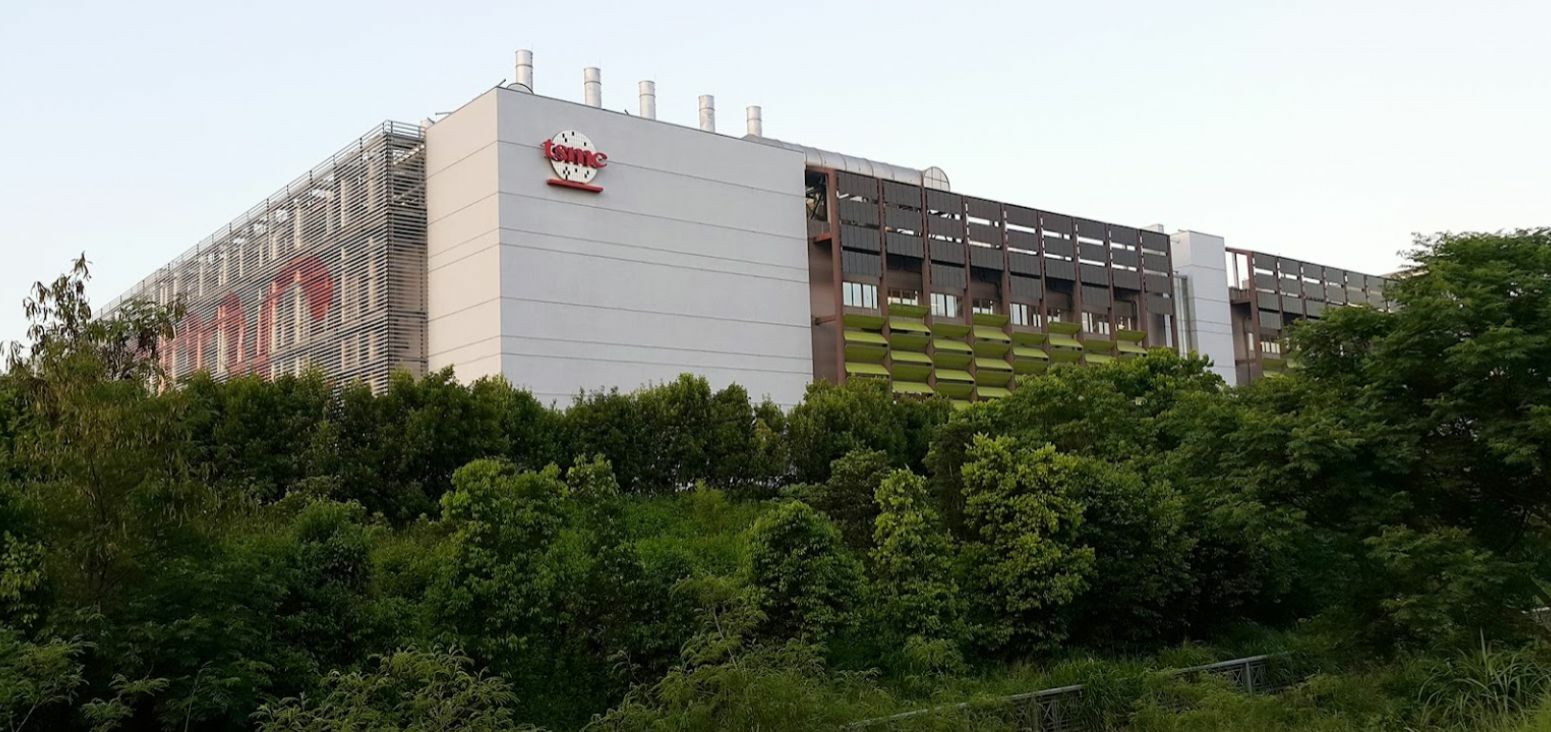TSMC’s German chip factory talks progress, subsidy negotiations ongoing

Taiwanese chipmaker TSMC has expressed optimism regarding ongoing talks to establish its first European factory in Germany. The company has been in discussions with the German state of Saxony since 2021 about constructing a fabrication plant in Dresden. The European Union recently approved the EU Chips Act, a US$46.07 billion subsidy plan aimed at doubling the region’s chipmaking capacity by 2030 to compete with Asia and the United States.
TSMC Chairman Mark Liu informed shareholders that company executives had visited Germany several times for discussions about the potential new facility. He reported a positive feeling so far, with ongoing negotiations on subsidies and addressing supply chain and labour gaps in Germany. The company is one of several, including Intel and Wolfspeed, looking to tap into government funding for European chip factories.
The EU is encouraging domestic production by offering billions in state subsidies to reduce reliance on Asian suppliers and alleviate the global chip shortage that has disrupted the automotive industry. The bloc aims to double its global market share to 20% by 2030. TSMC does not anticipate making a final decision on the German plant before August at the earliest, according to an executive last month.
In addition to its European plans, TSMC is investing US$40 billion in a new facility in Arizona, supporting the US’s ambition for increased domestic chip production. However, the company has expressed concerns about the criteria for US semiconductor subsidies, as have South Korean chipmakers. Industry insiders have suggested that the application process could reveal confidential corporate strategies.
Liu stated that the US Department of Commerce has an “open” attitude towards subsidy conditions, and TSMC submitted a “pre-application” last month while maintaining “positive communication” with the US. The department has assured that it will protect confidential business information and that the requirement to share excess profits would only apply when projects significantly outperform projected cash flow. Additionally, Liu mentioned that TSMC is considering a second plant in Japan’s Kumamoto prefecture alongside its current construction project there, reports Channel News Asia.
Latest Thailand News
Follow The Thaiger on Google News:
























